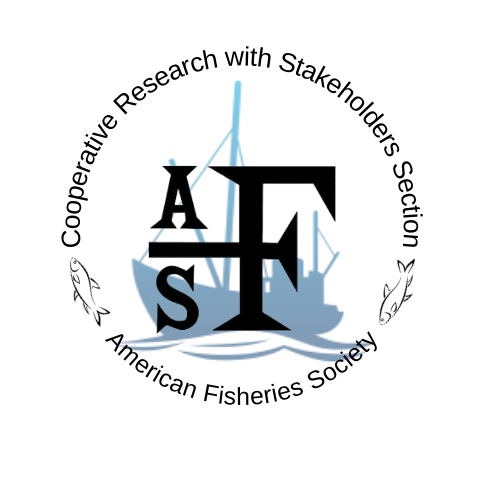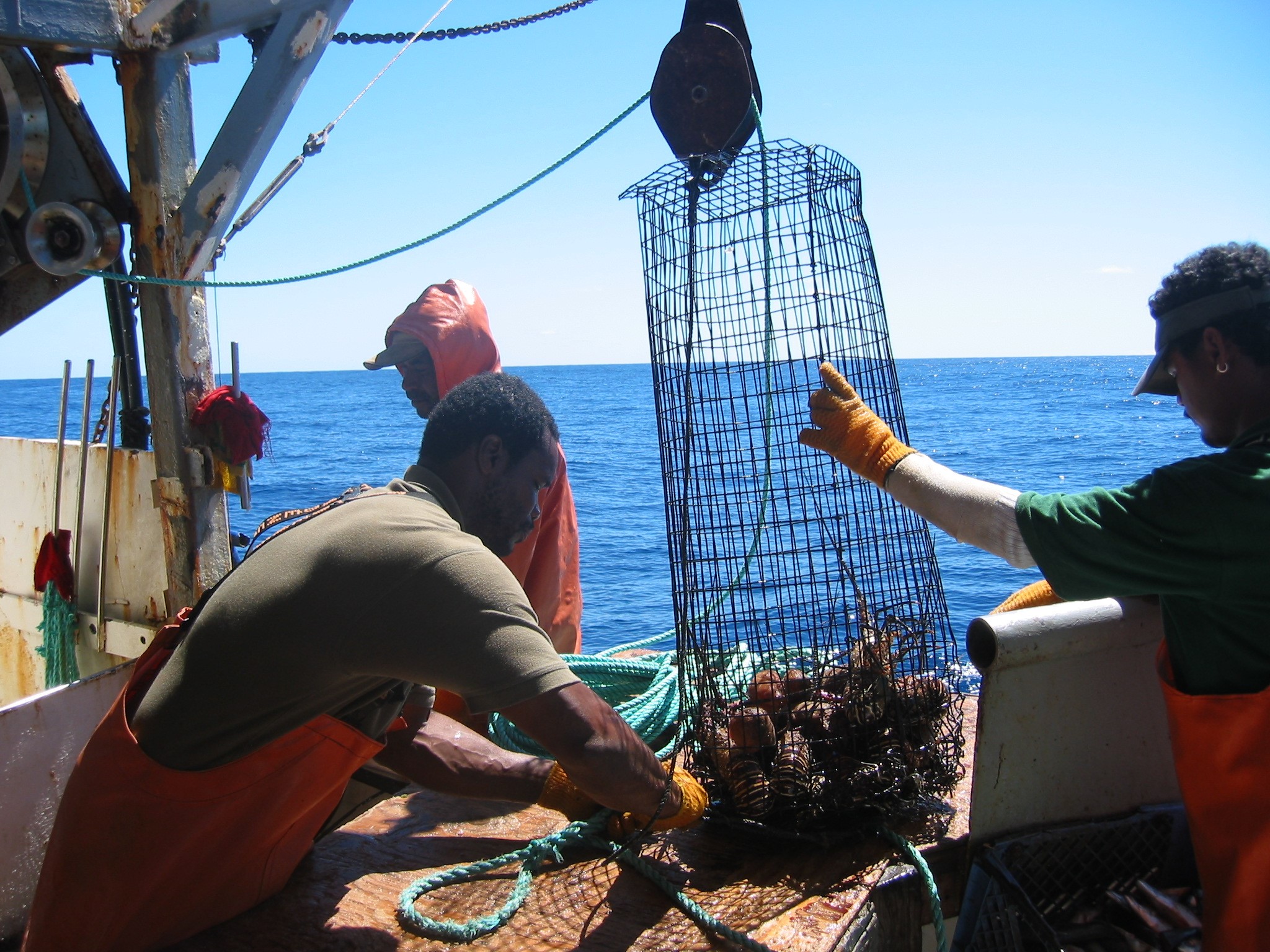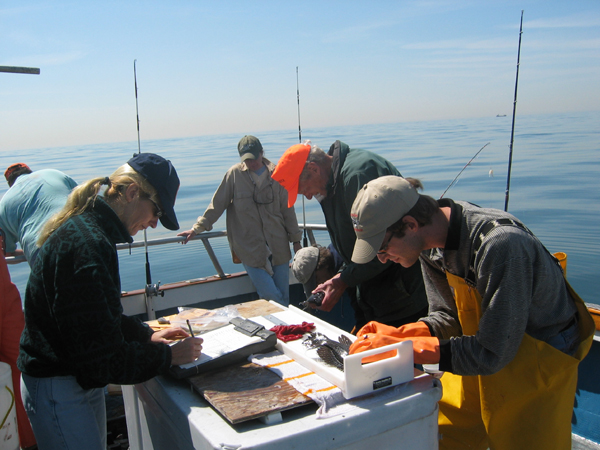Welcome to the AFS Cooperative Research with Stakeholder Section (CRSS) website! CRSS was established in 2021 as an interest-based sub group of the American Fisheries Society. Our objective is to advance the Society’s promotion of scientific research and sustainable management of fisheries resources by encouraging and facilitating research partnerships among scientists, and stakeholders‒especially resource users like commercial fishers/harvesters, subsistence harvesters, and recreational anglers.
Stakeholder insights are vital to understanding the dynamics of freshwater and marine ecosystems and making informed management decisions. Managers and scientists can benefit from these insights through cooperative research partnerships that improve the quality, completeness, and relevance of the underlying science. Moreover, by working together, these diverse partners can obtain synergy in joint problem solving, improved relationships, and trust.
To foster cooperative research partnerships, CRSS will undertake following activities, including:
Supporting annual meeting symposium topics and formats, including panel discussions, to raise the profile of scientists and stakeholders involved in cooperative research, increase general awareness of such research, and share lessons regarding cooperative research successes and challenges.
Promoting the integration of fisheries science information end users (including managers and stock assessment biologists) into cooperative research endeavors to ensure research project success and greater understanding of scientific processes (including stock assessments) among stakeholders.
Supporting annual meeting attendance and Society membership for fishers, anglers, subsistence harvesters, and other collaborative research stakeholders.
Partnering with other Society sections to ensure that various aspects of cooperative research are highlighted and enhanced.
Developing blogs, webinars, workshops, and continuing education courses to highlight and expand opportunities for cooperative research.
Leveraging resources from industry partners to increase a greater variety of stakeholder involvement at annual meetings.
Expanding Society membership diversity by exploring additional membership levels for fishery stakeholders including fishers, subsistence harvesters, and anglers.



